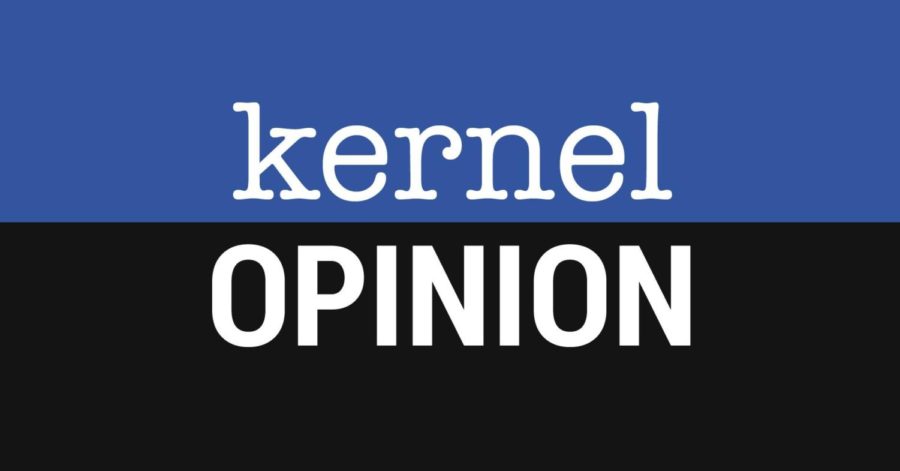Anonymous opinions not a new thing, crucial to free speech
September 6, 2018
After an anonymous person within the Trump administration wrote a New York Times opinion piece critical of President Trump entitled “I Am Part of the Resistance Inside the Trump Administration”, several national figures have condemned the press for publishing it and the writer for his or her audacity.
The Times said in a statement at the beginning of the essay, “We believe publishing this essay anonymously is the only way to deliver an important perspective to our readers,” explaining that the senior official in Trump’s administration who wrote it would be in jeopardy of losing his or her job should their identity be revealed. This is likely true, because although the author writes, “We want the administration to succeed and think that many of its policies have already made America safer and more prosperous”, he or she promises to work to “preserve our democratic institutions while thwarting Mr. Trump’s more misguided impulses until he is out of office.”
Trump tweeted Wednesday that if “the GUTLESS anonymous person does indeed exist, the Times must, for National Security purposes, turn him/her over to government at once!”
This is not a surprising response from the president, but a disturbing one. He demands that a newspaper reveal a confidential source, which would violate the sacredness of journalism ethics, but he furthermore doubts the very existence of the author, which is another accusation against the honesty of the press.
Sara Huckabee Sanders, the White House press secretary, called for the resignation of whoever wrote the piece, according to AP News. Since then, senior government officials have felt the need to publicly deny writing the piece and first lady Melania Trump told CNN that the anonymous writer was “not protecting this country, you are sabotaging it with your cowardly actions.”
The backlash was certainly expected by the author, who took a bold step by expressing disapproval for an administration head who demonstrates “erratic” behavior. The author made the brave decision to write a criticism of a leader and an administration that, as mentioned above, he or she thinks has been successful in some areas. To make this brave decision and to be called a coward by the leaders of this country is certainly a tormenting experience for the author and should never be the case in a functional democracy.
A beautiful thing about our democracy remains our freedom to speak. This includes verbal approvals and disapprovals as well as printed challenges to authorities. Unfortunately, the issue of anonymity has been the problem here as several newspapers have debated the ethics behind giving an unnamed writer a platform. This is not, however, an unprecedented event and will likely not be the last.
During the 1700s, Benjamin Franklin used absurd pseudonyms to write for his brother’s paper, the New England Courant. Though these were names and not mere anonymity, they were recognizable as fake, such as his uses of “Silence”, “Meanwell” and “Addertongue”. And, as USA Today pointed out, Thomas Paine first wrote “Common Sense”, a famous pamphlet that helped turn the tide of the Revolutionary War, anonymously and Alexander Hamilton, James Madison and John Jay wrote The Federalist Papers under a pseudonym. More recently, the Times has published other anonymous pieces, such as their June 2018 piece by an immigrant mother.
We can see an underlying theme here: publishing under anonymity has been a tradition since our country’s birth, and its continued allowance is crucial if we wish to ensure that everyone has an equal voice. In the case of this recent Times essay, the author may be in physical or professional danger should his or her identity be revealed. For this reason, it is our absolute right and duty to give platform and voice to the opinions this citizen has shared while protecting his or her identity. If we cannot do this, we have lost one of the most fundamental aspects of our First Amendment.



























































































































































